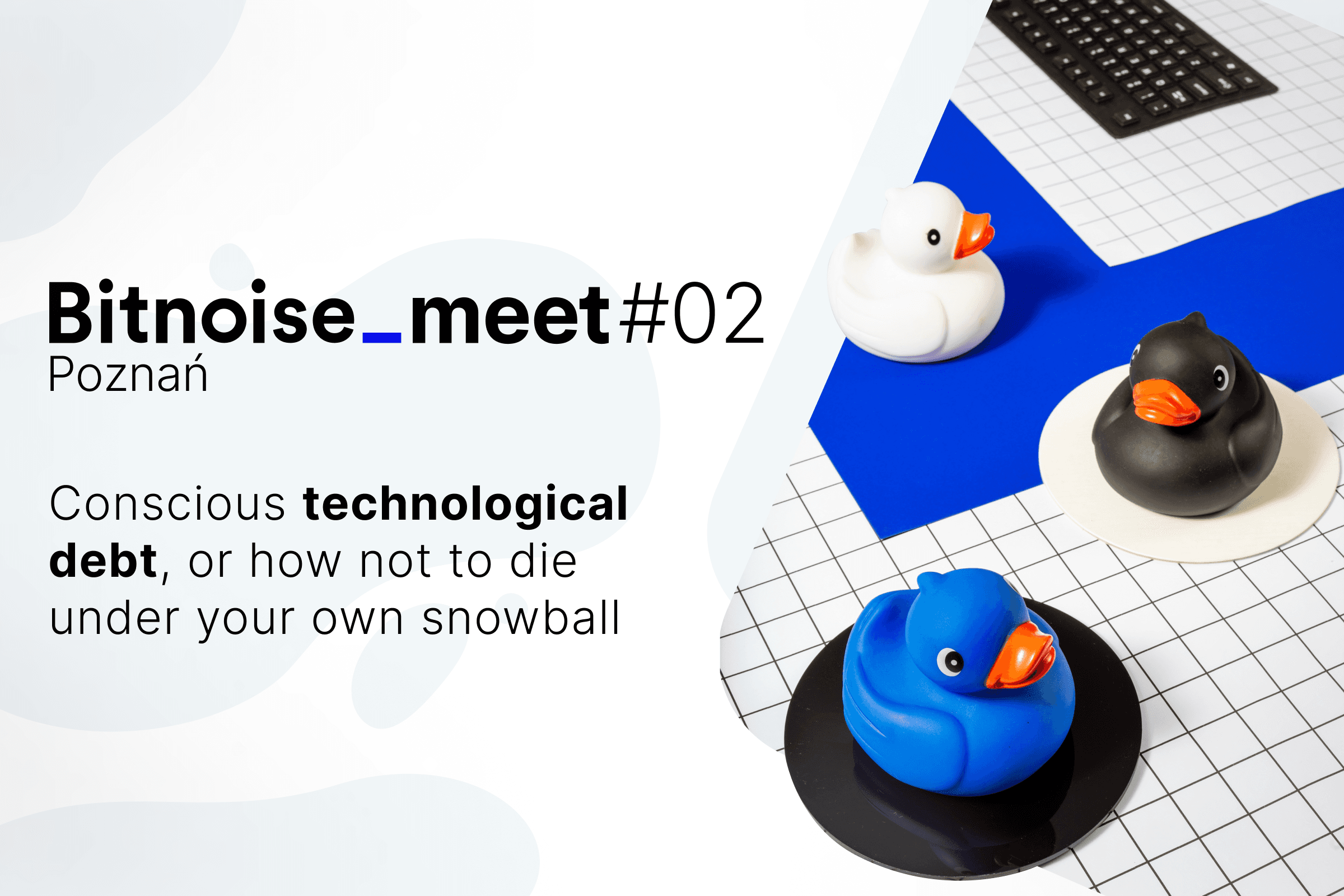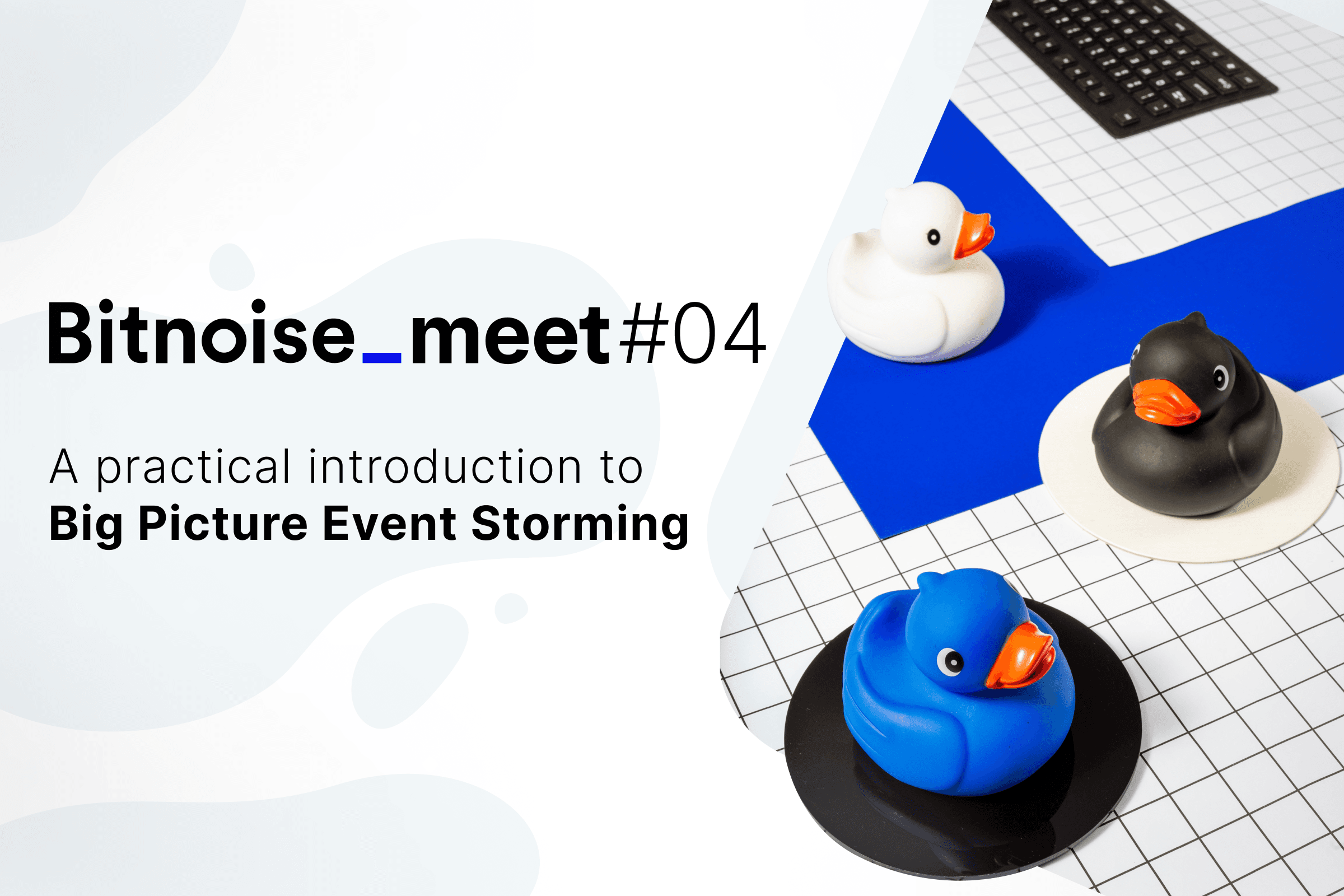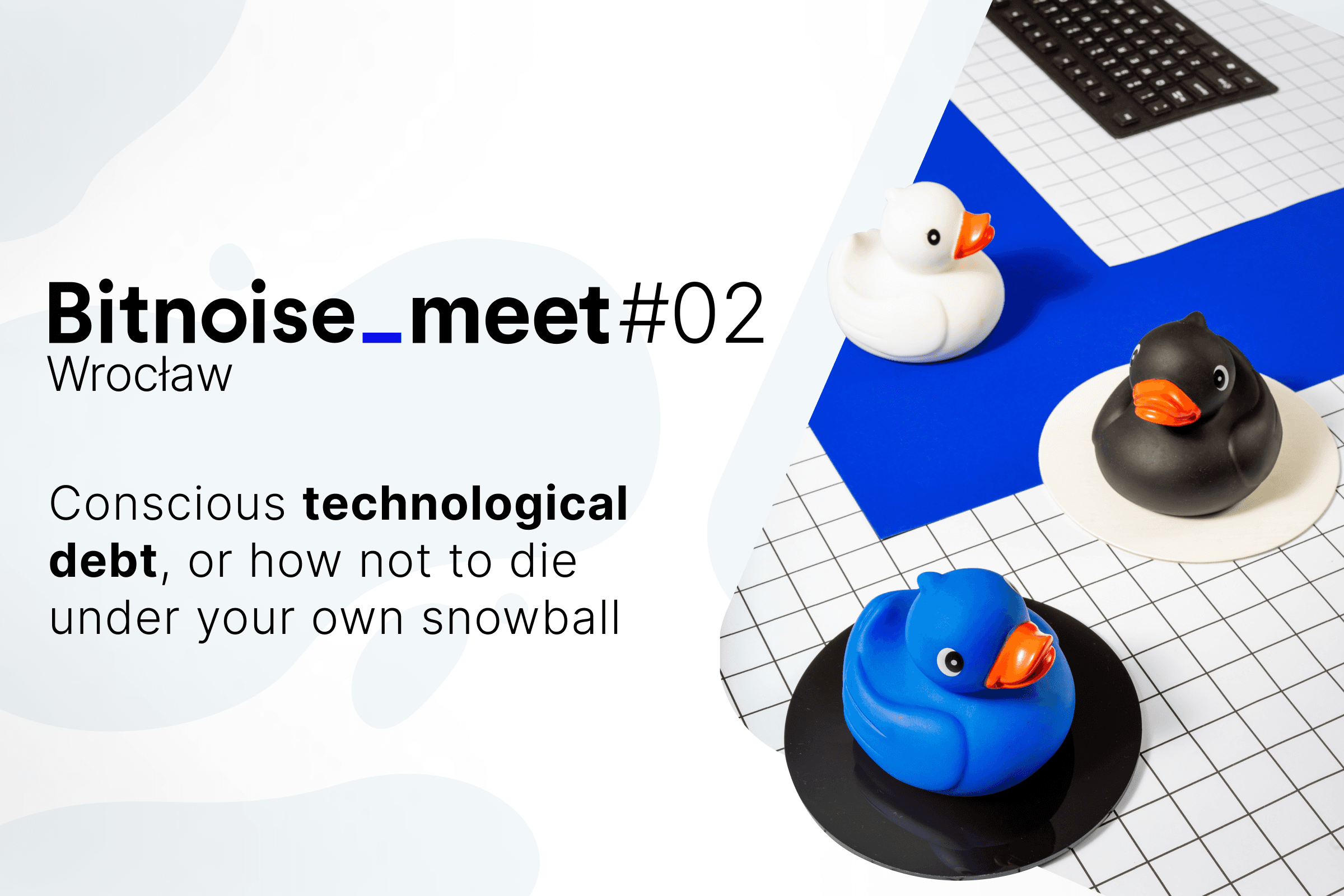
For several years, I have been co-organizing HR Meetup - free meetings for the community related to recruitment, human resources management, and psychology, aimed at exchanging knowledge and experiences in the HR environment.
At the last event, Karolina Sokołowska from Bee Talents talked about giving feedback based on the Radical Candor method.
Is there anything more to say about the art of giving feedback? Or do you feel that there is nothing new to be learned? After Karolina's lecture, I changed my understanding of what is the most important aspect of feedback. I would like to share a few reflections inspired by this lecture.
Generally, when we think about feedback, the first thought in our mind is that there are several rules about how to do it properly and several methods to ensure the quality of the information provided. Usually, the recipient of the feedback is the most important when we think about providing comfort for this situation.
How will they feel when they receive constructive but ambiguously good feedback?
-
What will they say?
-
Will they be angry or demotivated?
-
And will feedback focused only on what is good be motivating?
We could probably list many more similar questions.
What drew my particular attention during Karolina's lecture and directly became very close to me, was a specific readiness to give feedback by the person who actually is giving it.
Hardly anyone thinks about the resources that we should have to be able to provide valuable feedback at all. In the Radical Candor feedback method, we will refer to this readiness as "personal concern”.
First of all, you, the feedback provider, should know yourself well. It's not just about strengths and weaknesses - you need to explore and take care of your emotions, know your limits, understand your mechanisms of action and stress sequences. This is all to make sure that when giving feedback, you are prepared to do it objectively, and with sensitiveness to the other person.
Another aspect is perceiving oneself as a valuable and self-confident person, regardless of the role in which we are right now. As a person providing feedback, I will gain as a person by feeling good with myself and having the feeling that my assessment of the work of others came from my knowledge, experience and ability to operate on facts. And also knowing that this feedback comes directly from me and is not just a transfer of the insights of another manager or coworkers.
And now the last three elements that I consider the most important. I will move away from the Radical Candor methodology for a moment and give you quite symmetrical concepts from the Transaction Analysis, the method that is very close to me.
-
People are OK - which means both me and others are fully valuable.
-
People can think for themselves - which means we're all capable of making decisions that seem best to us right now.
-
People make decisions about their lives and these decisions can be changed - everyone has the right to change, we change and mature as individuals and our decisions and opinions with us.
If we take all these aspects into account and think carefully about them, we can be sure that we have done everything possible to respectfully and willingly provide valuable feedback and support others in their development.


